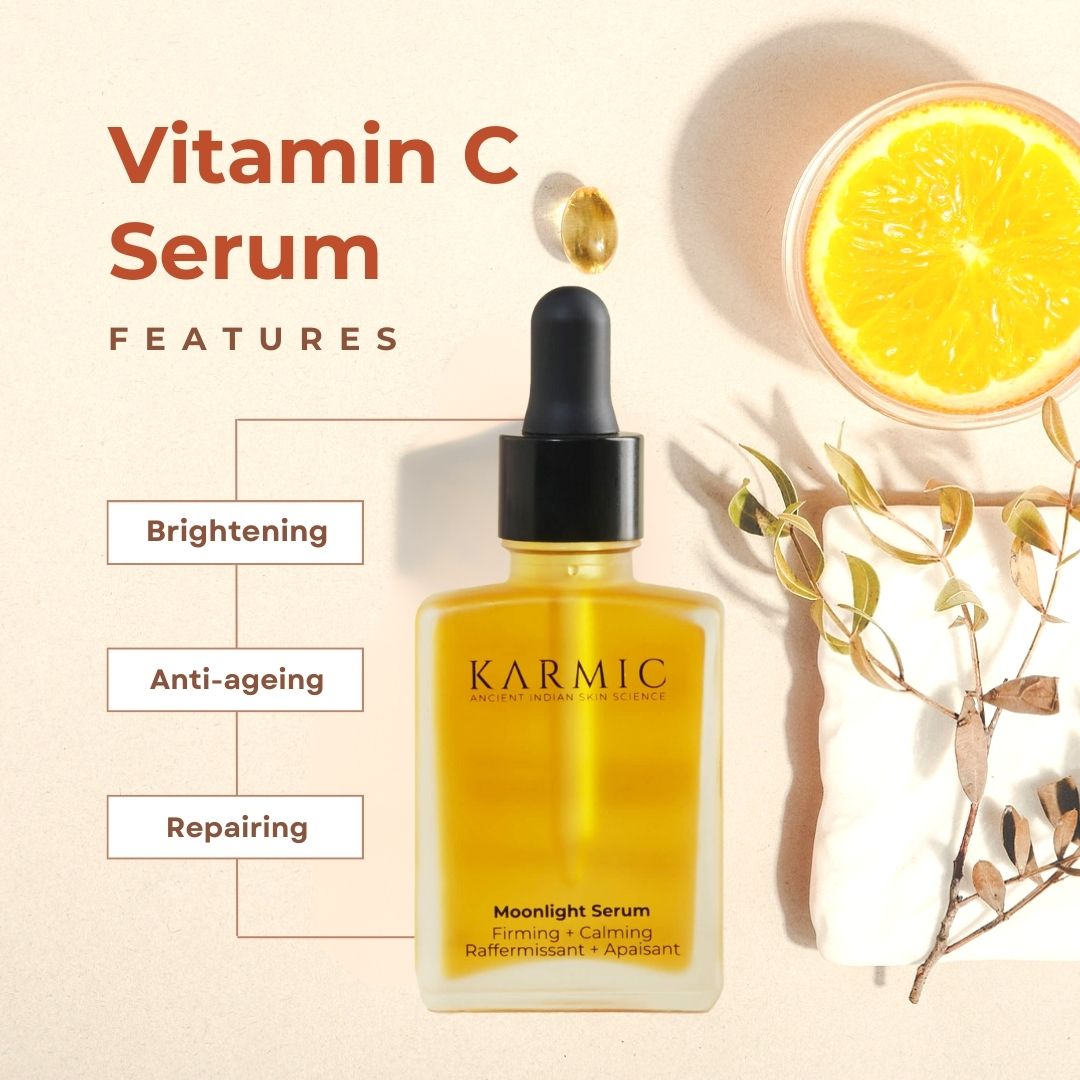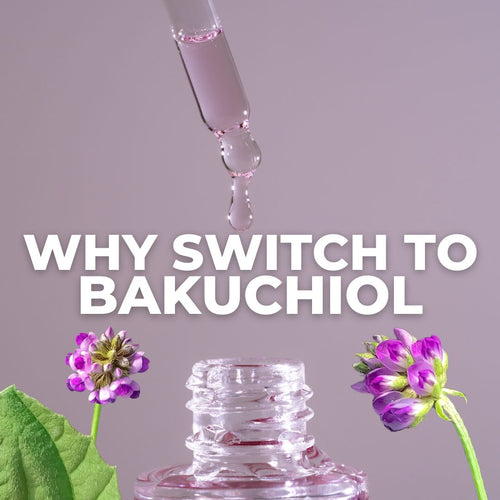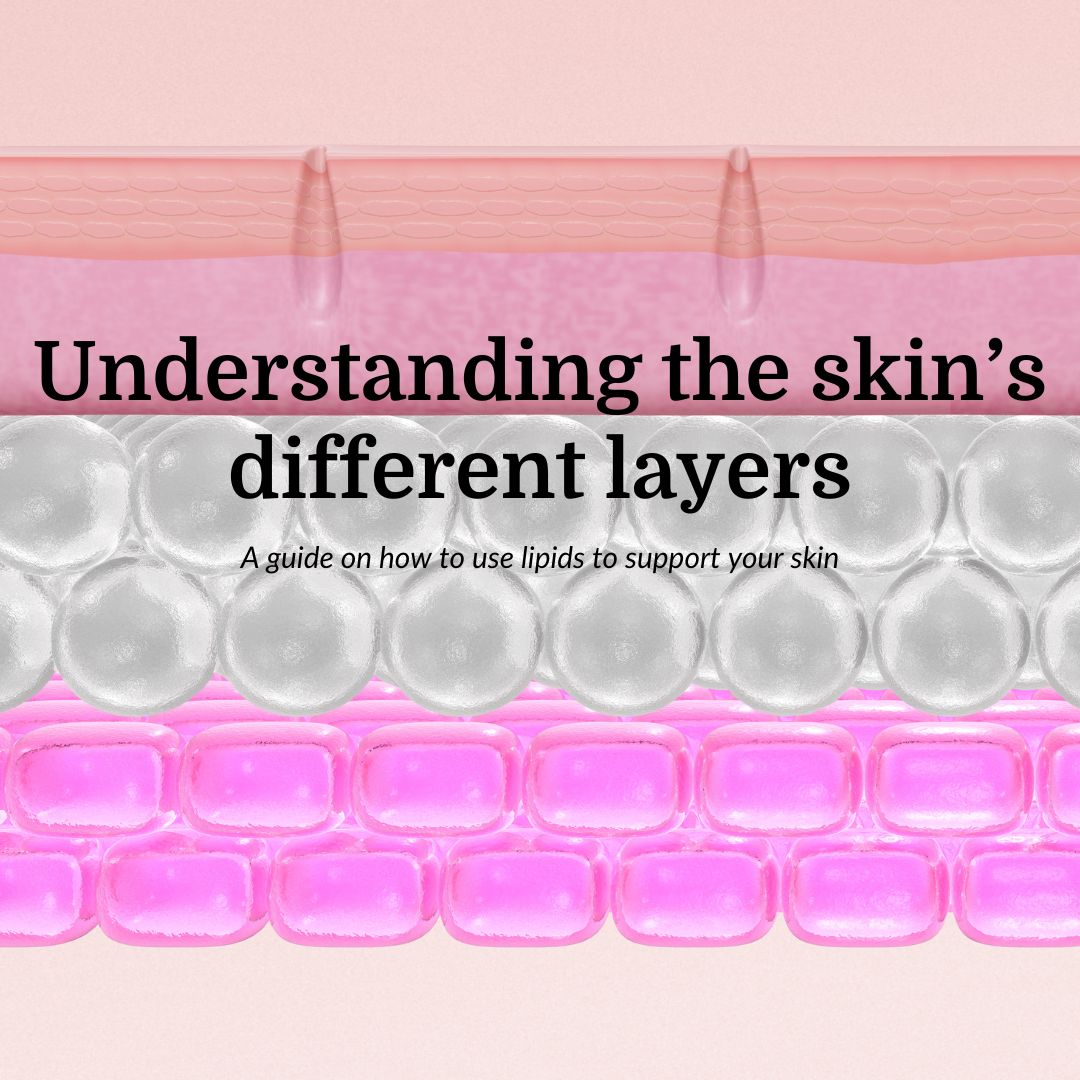Vitamin C is a powerhouse antioxidant known for its ability to brighten skin, reduce hyperpigmentation, and combat free radicals. To harness its full potential, understanding the ideal concentration and different forms of Vitamin C is crucial.

Optimal Concentration
Most dermatologists recommend using Vitamin C in concentrations between 10% to 20% for optimal results. Concentrations below 10% may not be as effective, while those above 20% can cause irritation without providing significantly better results. Clinical studies have shown that a 20% concentration can increase collagen production and reduce the appearance of wrinkles and pigmentation more effectively than lower concentrations .
Different Forms of Vitamin C
1. L-Ascorbic Acid
- Stability: Highly effective but unstable, prone to oxidation. It can degrade quickly when exposed to light, air, or heat, reducing its effectiveness.
- Usage: Best used in the morning under sunscreen for maximum protection. Studies indicate that L-Ascorbic Acid at 15% concentration combined with Vitamin E and ferulic acid can enhance photoprotection. This is the most common form of Vitamin C found in skincare as it is the cheapest.
2. Sodium Ascorbyl Phosphate
- Stability: More stable than L-Ascorbic Acid. It is a water-soluble derivative that is less likely to cause irritation and is effective at lower concentrations.
- Usage: Suitable for sensitive skin due to its gentle nature. It converts to ascorbic acid once absorbed by the skin, providing antioxidant benefits.
3. Magnesium Ascorbyl Phosphate
- Stability: Stable and less irritating. It is effective at lower concentrations and is often used in anti-aging and hydrating formulations.
- Usage: Ideal for hydration and anti-aging. Research shows that it improves skin hydration and elasticity .
4. Ascorbyl Tetraisopalmitate
- Stability: Highly stable and oil-soluble. This form can penetrate deeper into the skin, making it more effective for deeper tissue regeneration.
- Usage: Deeply penetrates the skin, making it suitable for dry and mature skin types. Studies suggest it is effective in reducing melanin production and providing UV protection.

Why Incorporate Vitamin C
Incorporating Vitamin C into your skincare routine can significantly improve skin health and appearance. Use Vitamin C into your daytime and nighttime routines to see maximum results.
- Daytime Use: A lightweight day serum is perfect for brightening and protecting your skin throughout the day. Look for something that combines Vitamin C with other antioxidants to enhance skin radiance and protect against environmental stressors.
- Nighttime Use: For overnight repair and rejuvenation, try our best-selling night facial serum. This serum contains bakuchiol, a gentle alternative to retinol, ensuring your skin remains smooth and youthful. This serum also contains an optimal concentration of ascorbyl tetraisopalmitate, a non-irritating, oil-soluble, and very stable form of Vitamin C. This form of Vitamin C is ideal as it is able to penetrate deeper into the epidermis.
How to Use Vitamin C Serum
For optimal results, apply Vitamin C serum in the morning after cleansing and toning. Follow with a moisturizer and sunscreen to protect your skin from UV damage, as UV exposure can oxidize Vitamin C, reducing its effectiveness. Using it in the evening can also enhance repair and rejuvenation processes.
Conclusion
Choosing the right form and concentration of Vitamin C can significantly impact its efficacy in your skincare routine. Aim for a concentration between 10% to 20% and select a stable form suited to your skin type. Incorporate products with Vitamin C for daytime protection and for nighttime repair to enjoy the full benefits of Vitamin C. With consistent use, you can achieve brighter, firmer, and more youthful-looking skin.




